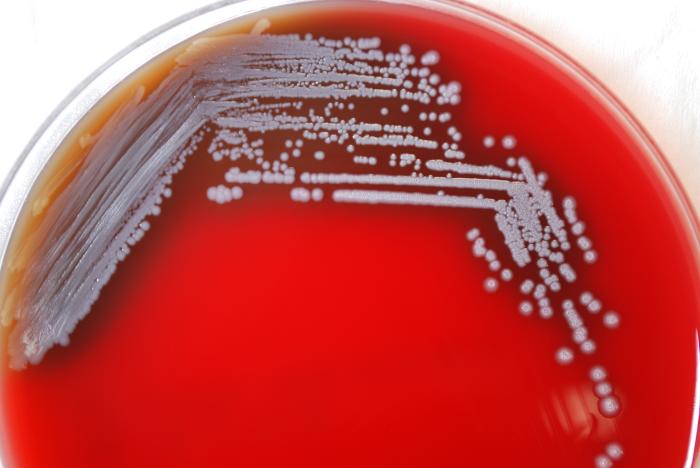Burkholderia pseudomallei is a gram-negative bacterium and Tier 1 Select Agent that typically lives in soil and water in regions with tropical and subtropical climates around the world, such as South and Southeast Asia, northern Australia, parts of Central and South America, the U.S. Virgin Islands, and Puerto Rico. The U.S. state of Mississippi recently joined the list of endemic areas.
The Centers for Disease Control and Prevention found B. pseudomallei in Mississippi in July 2022, on the property of a man who became ill with melioidosis. Further epidemiology tied a 2020 case to the same area and indicated the bacterium had been present in soil in the region at least since that time. Prior to this discovery, it was presumed that all the melioidosis patients from the continental US acquired the disease while traveling to endemic areas around the globe.
An additional melioidosis case in January 2023 in the same area of of the Gulf Coast provided further evidence of locally acquired infection.
Neglected Research and Development
Because melioidosis is not included in the list of neglected tropical diseases and thought to affect few countries, the investment in research and development has been minimum.
The potential use of the pathogen as a biothreat agent invigorated the financial support to identify vaccine candidates and therapeutics for some years. However, this funding has not continued, making investigation of this pathogen even more of a challenge, due to the complex and regulated laboratory environment to work with a CDC Select Agent, requiring specialized biocontainment facilities.
With the appearance of the disease in the continental US and other non-endemic regions, it is evident that financial support is needed to develop more accurate detection methods.
Read also: VitriVax Wins DoD Contract to Develop Single-Shot Vaccine for Melioidosis and Glanders
Diagnostic Considerations
Automated systems that perform bacterial identification may misidentify B. pseudomallei. Accurate identification of melioidosis cases should be urged among healthcare providers, including the use of culture methods which are still considered the gold standard for the diagnosis of melioidosis which provides conclusive evidence for the presence of the pathogen.
Clinician and Public Education
Establishment of the disease in this environment that favors the survival of the pathogen should be seriously considered as a public health threat for the residents of the Gulf coast region. Physicians are not familiar with disease symptomatology thus melioidosis may be given little consideration during initial diagnoses.
Individuals living in the Gulf Coast of Mississippi and who have health conditions that may put them at higher risk—such as diabetes, chronic kidney disease, chronic lung disease, or excessive alcohol use— should take precautions to protect themselves:
- Avoid contact with soil or muddy water, particularly after heavy rains, and protect open wounds with waterproof dressings.
- Wear waterproof boots when gardening, doing yard work, or doing agricultural work, which can prevent infection through the feet and lower legs—particularly after flooding or storms.
- Wear gloves to protect the hands when working directly with soil.
READ THE FULL PAPER:
The public health significance of finding autochthonous melioidosis cases in the continental United States. PLOS Neglected Tropical Diseases, 24 August 2023.


